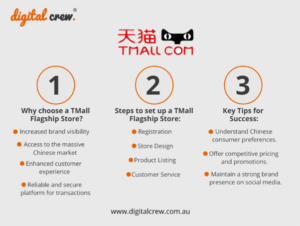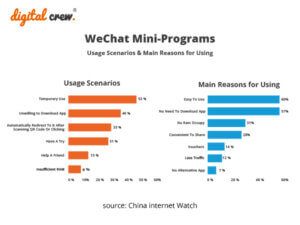10 Chinese Startups Are Going To Take The World By Storm In 2019
These 10 Chinese Startups don’t just circle around AI but are inclusive of care rental and even english learning apps. The number and quality of Chinese startups has dramatically increased over the past decade.
New Patterns of Technology Usage
As countries and regions move from developing to developed, they often skip generations of technology that other, more long-term developed countries spent decades in. For example, we mentioned in our previous blog how people in China use their mobile phones to pay for goods 50 times more often than Americans because credit cards never gained the same penetration they did in the US.
There is a similar trend occurring in many countries in Africa where mobile pay penetration is actually greater than electricity or clean water. China’s population is currently 1.4B people, While a sizable portion of that population still lives in the rural areas of China, this is a population more than 4x as big as the United States. Example – It took bike-sharing company Mobike only 10 months to go from nothing to 20 million rides per day (2017 Report on AI — Stanford).
Here Are The Top 10 Chinese Startups to Watch Out For:

- Cloudwalk: We’ve already spoken about how China is soon going to be the Godfather of AI in our previous blogs. Cloudwalk is a member of a growing mafia of facial recognition and AI startups, Cloudwalk has raised significant funding from Shunwei Capital, Oriza holdings and Puhua Capital ($75MM) and the government of Guangzhou ($301MM). Cloudwalk has also partnered with the Zimbabwe government to test their technology with a different ethnicity at a very wide scale

2. DaSouChe: The used car trading platform has already exchanged over 500,000 cars since 2012. They are a near unicorn, having raised $180MM in a 2017 Series D round

3. Laidian: Most people in China use their phones to shop, pay bills and taxes. Their battery usually runs out before the end of the day and it can be inconvenient to bring out a heavy power bank with them all the time. It raised $20MM in 2017 Series A. Laidianis the power bank rental startup that provides an alternative for those who cannot charge their mobile phones while they are outside the home and office

4. Tujia: Tujiaprovides services highly tailored to the Chinese audience. It is better known as the ‘Chinese Airbnb’. Their employees manage the check-in and check-out and for any properties served by third parties, Tujia actually has each house inspected (Forbes India). As of Tujia’s Series E round in late 2017, they are valued near $1.5B, but they are hardly a household name outside of China

5. VIPkid: This English language tutoring site is scaling at an incredible pace. VIPKidhad 296,363 students and 38,724 teachers as of 2017 — a sharp rise from the 3,305 students and 404 educators it had just two earlier, according to its investor materials. By 2019, it’s projecting a near 10-fold rise in students to 2.4 million, and more than 280,000 teachers.

6. iCarbonX: The Chinese data company aims to improve health care using artificial intelligence and biotech. Founded in 2015 by Genomicist Jun Wang, the company has become a comprehensive platform for health data, pulling in information from millions of people.

7. DeepGlint: This AI based startup is similar to other AI/ML Chinese startups, DeepGlint has heavily focused on computer vision. However, they’ve been the first of the groups to invest heavily in human behaviour and trajectory analysis. Are you moving slower or faster than the crowd around you? Are you moving in an erratic way? DeepGlint’ssoftware will pick you out of the crowd quickly and identify security to keep an eye on you. They’ve raised a comparatively small $18MM, but this also makes them highly likely to be a takeover candidate for one of the big AI, eCommerce, or communication companies in China.

8. Liulishuo: Another AI powered English language learning platform and app that offers personalized and adaptive language learning to 50 million users in 379 cities in China and over 175 countries around the world. Liulishuois attacking the same massive English language learning opportunity in China that VIPKid is going after, but in a much more programmatic way.

9. Pico Interactive: Pico developed one of the first high quality, truly wireless VR headsets. No computer, no phone, no tether needed, starting at $599. The headset received strong reviews at CESin early 2018 and is well positioned to be a technology leader in VR. It’s more likely that Pico’s technology is licensed or bought by one of the bigger players in VR like HTC, Facebook, or Playstation, but Pico still has a great opportunity to expand significantly in 2018 and beyond.

10. Roobo: A hardware and AI company, Roobo develops next generation service robots. It’s BeanQ education consumer robot won Best of Red Dot in 2017. Roobocontinues to innovate with a line of robots that extends up into the very large Farnese, which can carry on a conversation, recognize phases, navigate through airports, banks, shopping malls and conference halls.









































































